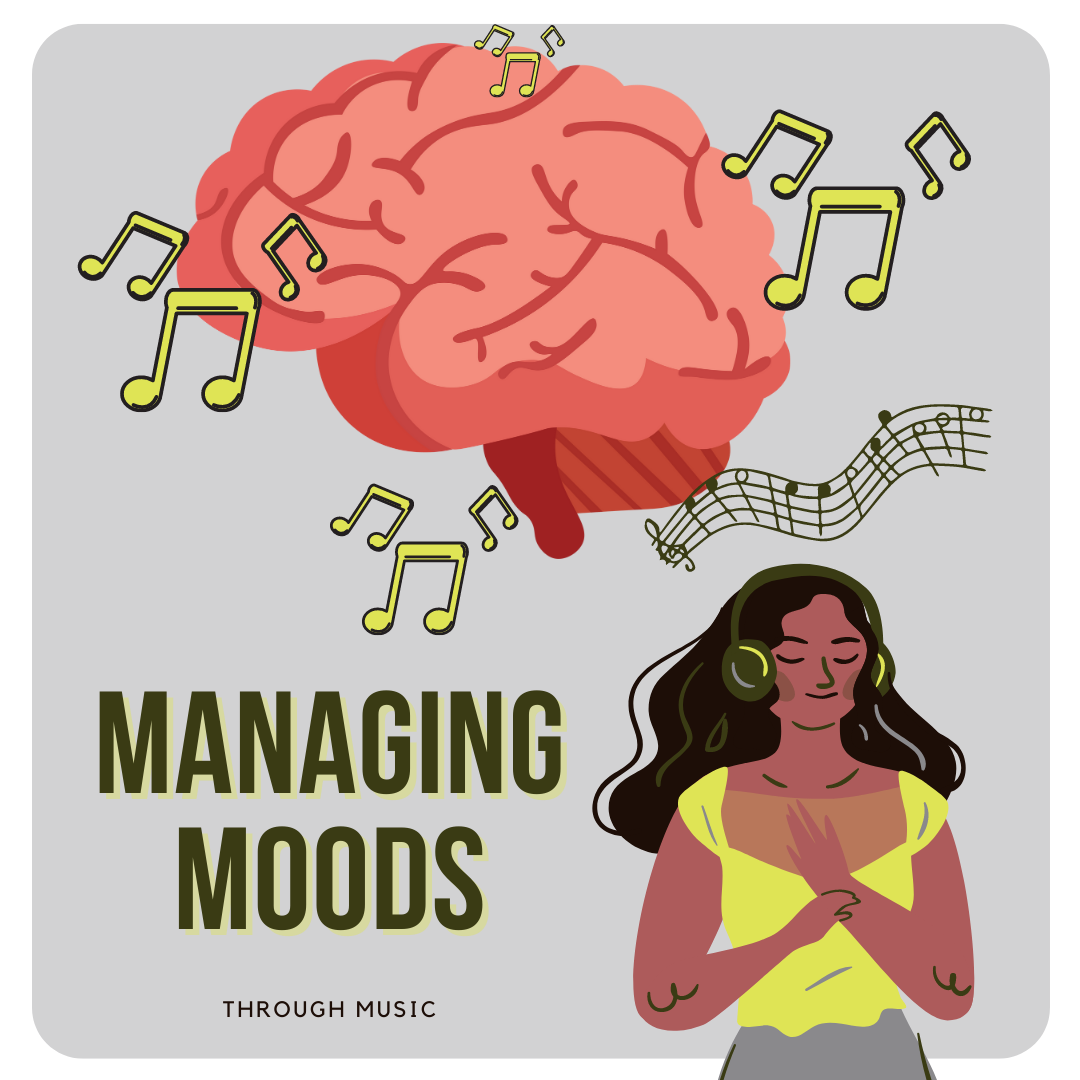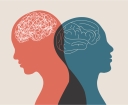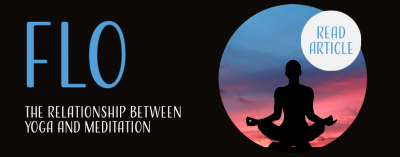Can music support our well being?

We can use music in positive ways to manage our moods and our mental health.
The Australian Psychological Association reports that 80% of Australians, regardless of their age, turn to music when they're experiencing psychological distress.
Music is effective at regulating our pschological state.
How we respond to music
1 physically (beat - breathing heart rate)
2 cognitive layer
Cognitive response to music
A cognitive layer which is our thoughts, our memories, our feelings, our beliefs, about the music, can outweigh and overlay the physical response. The same song can trigger a different response from different people. The song can either have a positive response or negative. An upbeat song may trigger a memory like a funeral which then overrides the physical response.
A study found the response to a song was dependent on the experiences of the listener.
Researchers found people you used music as a coping strategy, say problem solving, benefited. People using music as a distracton less so.
For some the thoughts being triggered don't make them feel better.
Others use cognitive reframing to look at a situation better - the music may have a message that you may not have thought about.
So finding songs that can help you see the positive in your situation, can make you feel hopeful about your situation or can make you feel grateful for things that you do have in your life that are good. So how about a song to test the theory...
Managing moods through music
It's no secret that music plays a big part in daily life. Music can be enjoyed alone or together with friends. Music has been there through the years and has varied from different cultures. It has been scientifically proven that music triggers a specific hormone in your body called dopamine to indicate emotional arousal. However, more studies would prove that there's more to that.
Music has also been used in various therapy techniques for various individuals! Music therapy has proven to help people achieve individual accomplishments such as stress reduction, mood-boosting, and self-expression!
The scientific reason behind the magic of music
The brain is indeed a wonderful thing. Millions of pathways and neurons contribute to how one processes music and how it affects a human's overall cognitive arousal. According to the American Psychological Association, one of the most notable effects of music on the brain are the release of hormones and chemicals:
- Endorphins. These are your natural pain relievers. Music has the same effect as running - it gives out plenty of endorphins. So, a jam session a day can take the pain away!
- Cortisol. Cortisol is your stress hormone. High levels of cortisol correlate to high stress. Music has been proven to lower cortisol levels, therefore invoking a sense of relaxation!
- Dopamine. This is the hormone for pleasure. One of the most popular reasons why people love music is because it correlates to having a good time!
- Immunoglobulins. Now, this isn't a hormone but an antibody. This is an immune system protein and studies would say that music can increase immunoglobulins in your body. Now, that's a natural way of heightened immunity.

We live in a world where there is music everywhere and every day to be enjoyed. So, take some deep breaths and get yourself lost in the wonders of music!
Sound Healing
In Tibetan Buddhist Philosophy, the origin of "Life" is sound and light. Beneath the surface, everyone of us is composed of frequencies and vibrations. Lama Tendar will teach the sacred sound of mantras and Tibetan singing bowls that leads the listeners to a satisfying state of deep relaxation and wellbeing.
Sources and References
Music to lift your mood - Broadcast Sun 16 Oct 2022 at 6:50am
Dr Sandra Garrido
Music as Medicine - American Psychological Association - https://www.apa.org/monitor/2013/11/music
SEARCH ARTICLES
advanced search tips examples: "Yoga Meditation" Therap* +Yoga +MeditationRecent Posts

Nov 27 2025
The Psychology Behind the Primacy Effect

Jun 24 2025
Microplastic Exposure: Bottled Water vs Tap

Jun 09 2025
Squats for aligning hips

Apr 29 2025
Creative Thinking

Jan 28 2025
How to talk to someone you disagree with

Jan 27 2025
Alcohol Causes Cancer

Jan 14 2025
The role of the Amygdala

Oct 04 2024
A Support Guide for Anorexia Nervosa

Jun 25 2024
Sleep better




